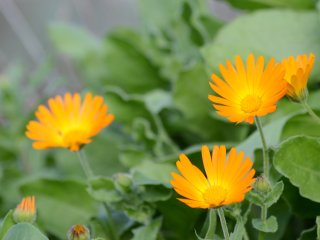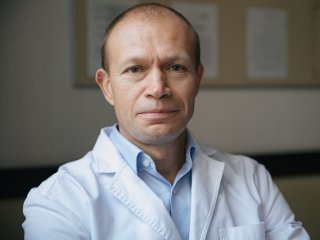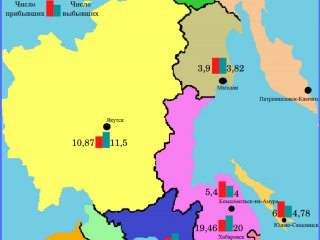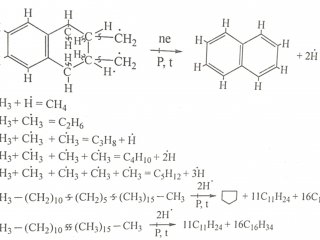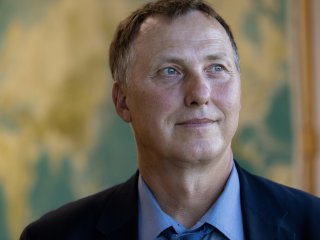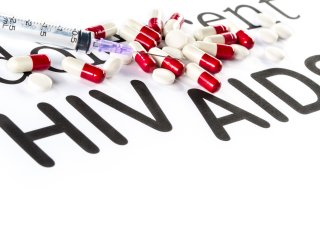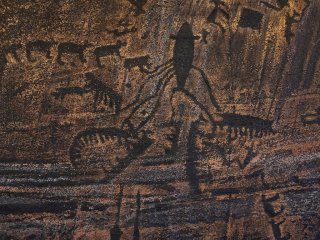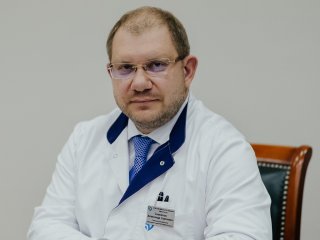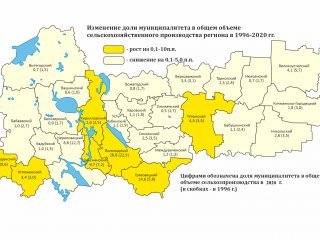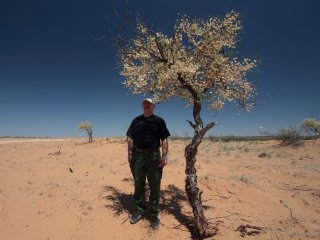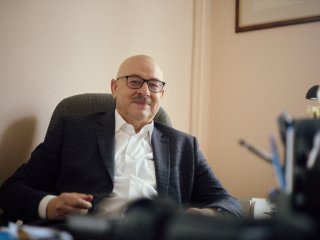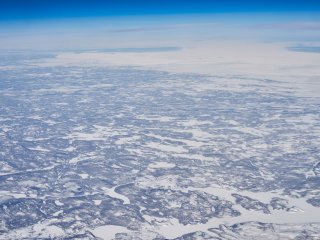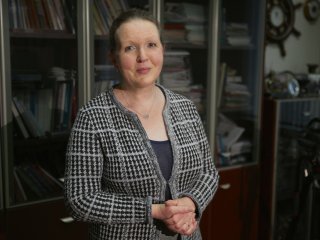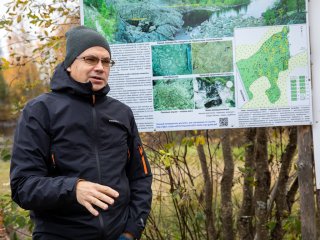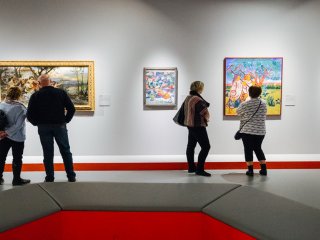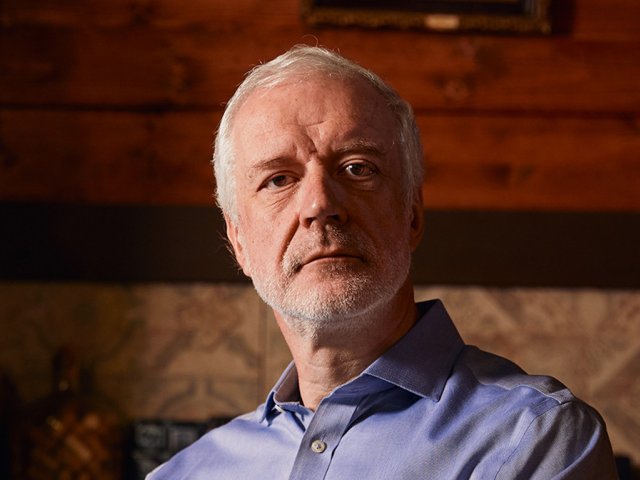News, page #25
We recall the achievements of the outstanding scientist
What Effect Does COVID-19 Have on Our Lungs? Explains Pulmonologist, Corresponding Member of the Russian Academy of Sciences Sergey Avdeev
What do the studies of Sputnik V and Sputnik Lite show? Why has the whole world come to triple vaccination? What fundamental knowledge gained during the pandemic looks the most promising?
Scientists from Far Eastern Federal University (FEFU) in Vladivostok are conducting a comprehensive analysis of living conditions in the Far Eastern region to assess the level of migration loss and determine the preconditions for the depopulation growth
Tyumen scientists develop the ideas of Corresponding Member of the Russian Academy of Sciences I.I. Nesterov, which have become the theoretical basis of fundamental research and experimental work in the view of studying the process of formation of oil fields
The head of the Center for Aquaculture and Coastal Resources at the National Scientific Center for Marine Biology of the Far Eastern Branch of the Russian Academy of Sciences tells about the benefits of Far East and advanced cultivation technologies
Learn more about AIDS and express your support for people diagnosed with this terrible disease. The symbol for AIDS awareness is a red ribbon. World AIDS Day takes place on December 1
Identity verification technology has evolved from a paper document with a seal, which was easy to forge, to systems that can accurately determine if a person in front is the one they claim to be
Scientific Russia continues publishing a series of articles dedicated to the natural wealth of Karelia and development of science in the region. Today we will introduce the unique Karelian petroglyphs – the UNESCO world heritage sites
Scientific Russia talked about extreme medicine and the work of the Burnasyan Center with Alexander Samoylov – Corresponding Member of the Russian Academy of Sciences, Director General of Burnasyan Federal Medical Biophysical Center of the FMBA of Russia
Vologda scientists study the problems of ensuring balanced spatial development of the northern regions of Russia in context of solving strategic tasks of the country development
Volgograd scientists are conducting long-term monitoring of farmland in arid areas of the European part of Russia to identify the degree and dynamics of desertification
In 2029, Russian scientists plan to send a research mission to Venus. This will be the first research in the history of modern Russia
In recent years, scientists have noted that the information load on a person has increased significantly over the past half-century
In the Year of Science and Technology, the number of scientific news, publications about new development projects, technology, and research has increased significantly
Kuban scientists are engaged in the study of value orientations, social attitudes, and identities of the younger generation in the era of digitalization and globalization
Scientists from the Zuev Institute of Atmospheric Optics of the Siberian Branch of the Russian Academy of Sciences measure greenhouse gas concentrations over the south of Western Siberia
Scientific Russia talked with Marina Kinkulkina, head of the Department of Psychiatry and Narcology of the I.M. Sechenov First Moscow State Medical University, about the autumn blues, the influence of covid on the psyche, and the fascination with gadgets
Scientific Russia visited the 2 billion years old Girvas paleovolcano
What neural mechanisms allow us to enjoy solving visual problems and recognizing unusual images?
Partners
Show allOur mobile application
Social networking
Recent
Popular
Lectures
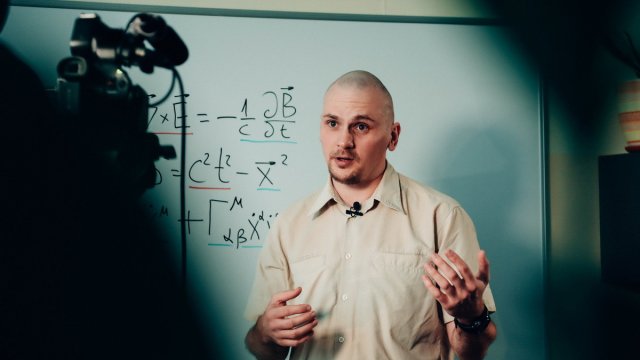
What did Fock mean when he said that Einstein hadn’t understood his own theory? What principles was Einstein's theory of gravity meant to be based on? Why did Einstein doubt the completeness of quantum theory?
